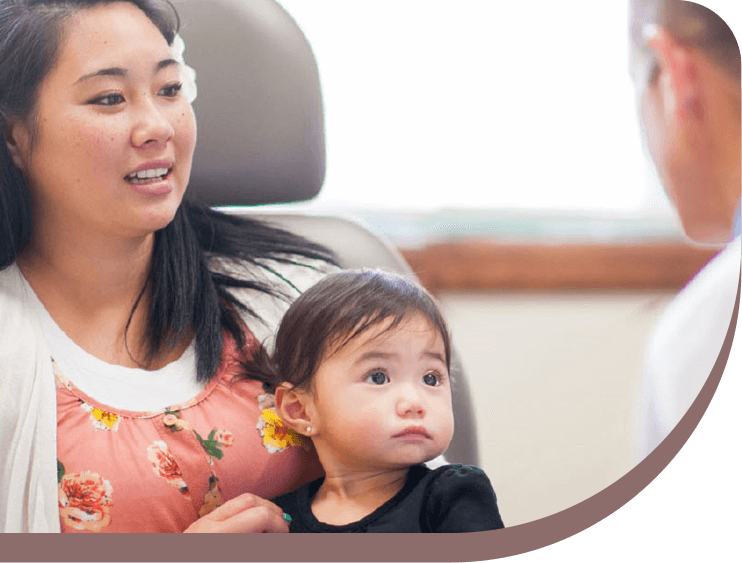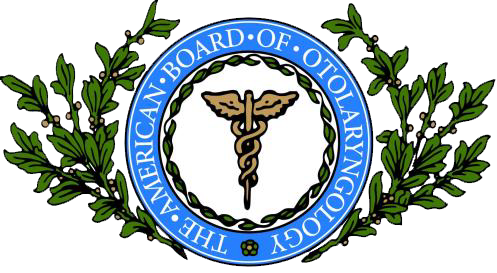
Sinusitis
Sinusitis – About
Sinusitis symptoms often include:
- Drainage of a thick, yellow or greenish discharge from the nose or down the back of the throat (postnasal drainage)
- Nasal obstruction or congestion, causing difficulty breathing through your nose
- Pain, tenderness, swelling and pressure around your eyes, cheeks, nose or forehead that worsens when bending over
Other signs and symptoms can include:
- Ear pressure
- Headache
- Aching in your upper jaw and teeth
- Reduced sense of smell and taste
- Cough, which might be worse at night
- Bad breath (halitosis)
- Fatigue
- Fever
Sinusitis – Diagnosis
Your doctor will feel for tenderness in your nose and face and look inside your nose.
Other methods that might be used to diagnose acute sinusitis and rule out other conditions include:
- Nasal endoscopy. A thin, flexible tube (endoscope) with a fiber-optic light inserted through your nose allows your doctor to visually inspect the inside of your sinuses.
- Imaging studies. A CT scan or MRI can show details of your sinuses and nasal area. While not recommended for uncomplicated acute sinusitis, imaging studies might help identify abnormalities or suspected complications.
- Nasal and sinus cultures. Laboratory tests are generally unnecessary for diagnosing acute sinusitis. However, when the condition fails to respond to treatment or is worsening, tissue cultures might help determine the cause, such as a bacterial infection.
- Allergy testing. If your doctor suspects that allergies have triggered your acute sinusitis, he or she will recommend an allergy skin test. A skin test is safe and quick, and can help pinpoint the allergen that’s responsible for your nasal flare-ups.
Sinusitis – Treatment
Most cases of sinusitis, those caused by a viral infection, resolve on their own. Self-care techniques are usually all you need to ease symptoms.
Treatments to relieve symptoms
Your doctor may recommend treatments to help relieve sinusitis symptoms, including:
- Saline nasal spray, which you spray into your nose several times a day to rinse your nasal passages.
- Nasal corticosteroids. These nasal sprays help prevent and treat inflammation. Examples include fluticasone (Flonase, Veramyst), budesonide (Rhinocort), mometasone (Nasonex) and beclomethasone (Beconase AQ, Qnasl, others).
- Decongestants. These medications are available in over-the-counter (OTC) and prescription liquids, tablets and nasal sprays. Use nasal decongestants for only a few days. Otherwise they may cause the return of more severe congestion (rebound congestion).
- OTC pain relievers, such as aspirin, acetaminophen (Tylenol, others) or ibuprofen (Advil, Motrin IB, others).
Use caution when giving aspirin to children or teenagers. Children and teenagers recovering from chickenpox or flu-like symptoms should never take aspirin. This is because aspirin has been linked to Reye’s syndrome, a rare but potentially life-threatening condition, in such children.
Conditions Treated
Follow us


Your Health Starts Here
"*" indicates required fields
